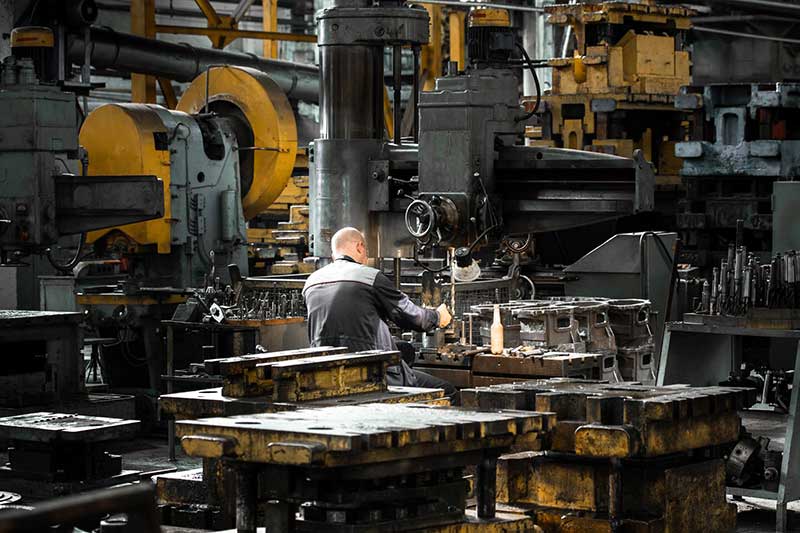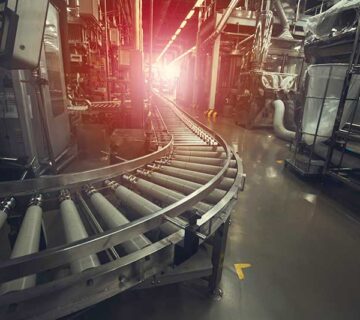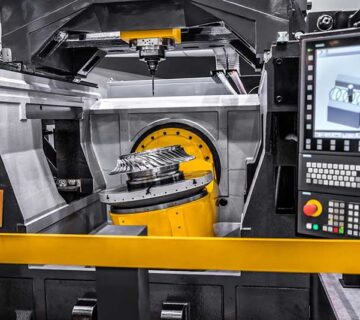The optimal use of industrial machinery lies in its ability to streamline manufacturing processes, enhance productivity, and improve overall efficiency in various industries. Industrial machinery encompasses a diverse range of equipment designed to perform specific tasks with precision and reliability, ranging from automated assembly lines to advanced robotics systems.
By leveraging industrial machinery effectively, businesses can achieve several benefits, including:
- Increased Productivity: Industrial machinery automates repetitive tasks and performs them at a faster rate than manual labor, resulting in higher output levels and shorter production cycles. This increased productivity enables companies to meet growing demand, fulfill orders more efficiently, and capitalize on market opportunities.
- Improved Quality Control: Industrial machinery is equipped with sensors, cameras, and other advanced technologies that enable real-time monitoring and quality assurance. By ensuring consistency and accuracy in manufacturing processes, machinery helps minimize defects, reduce waste, and maintain high product standards, enhancing customer satisfaction and brand reputation.
- Cost Savings: While the initial investment in industrial machinery may be significant, the long-term cost savings are substantial. By reducing reliance on manual labor, machinery lowers labor costs, minimizes human error, and optimizes resource utilization. Additionally, efficient machinery consumes fewer raw materials, energy, and other inputs, resulting in lower operating expenses and improved profitability.
- Flexibility and Adaptability: Modern industrial machinery is designed to be versatile and adaptable to changing production requirements and market demands. With modular designs, customizable settings, and programmable controls, machinery can quickly switch between different tasks, products, or production volumes, enabling businesses to respond swiftly to market fluctuations and customer preferences.
- Enhanced Safety: Industrial machinery incorporates safety features and protocols to protect operators and workers from accidents and injuries. By automating hazardous or physically demanding tasks, machinery reduces the risk of workplace incidents and ensures compliance with occupational health and safety regulations, creating a safer work environment for employees.
In summary, the optimal use of industrial machinery offers businesses a competitive edge by increasing productivity, improving quality control, reducing costs, enhancing flexibility, and ensuring safety. By leveraging the capabilities of industrial machinery effectively, companies can achieve operational excellence, drive growth, and maximize profitability in today’s dynamic business environment.



